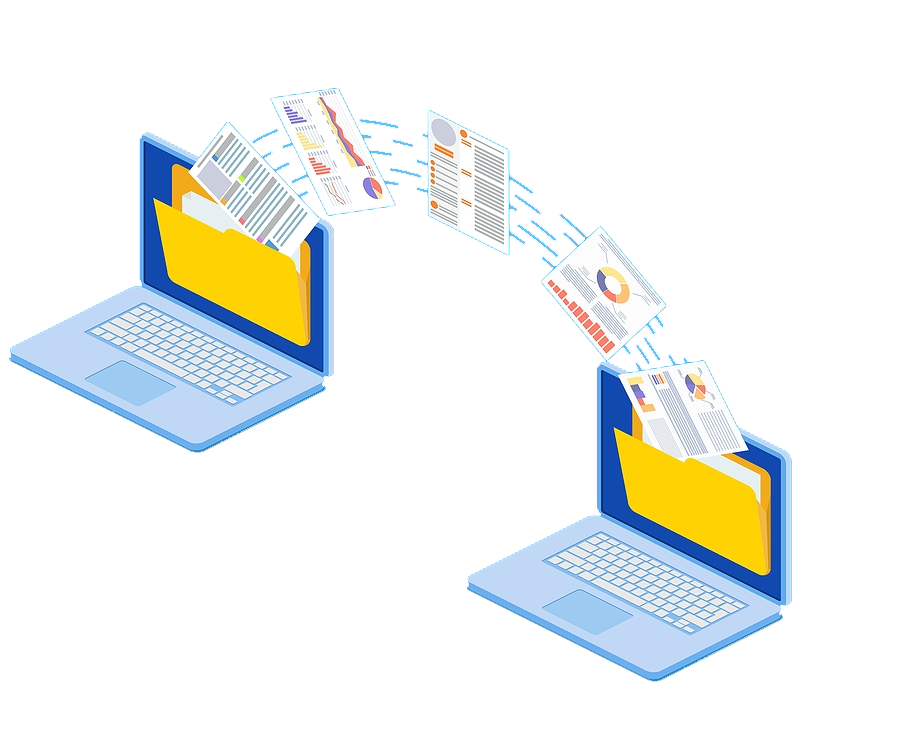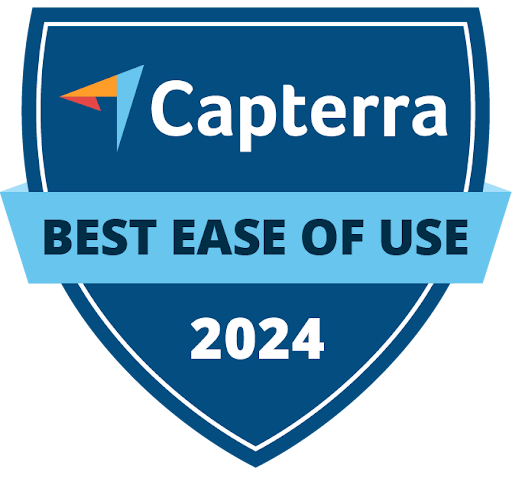Route planning is critical for every courier and logistics operation, but many providers still rely on a disconnected approach—using one TMS system for dispatching and another dedicated system for planning routes, or even no system for route planning at all. While standalone routing tools can optimize stops, toggling between multiple platforms creates friction, wastes time, and blocks your path to a more automated operation.
As the logistics industry moves toward autonomous, AI-driven delivery management, your tools should enable you to scale efficiently while reducing manual work—not add complexity.

Switching between a routing tool and your TMS requires exporting and importing orders, verifying data, and managing two separate systems just to build and execute routes. Each handoff increases the risk of mismatches and errors, forcing your team into manual checks and extra clicks.
A built-in Itinerary Planning tool keeps your planning, dispatching, and driver management for on-demand and routed deliveries in one workflow. Orders flow seamlessly into optimized routes, dispatches are updated instantly, and drivers receive accurate, real-time instructions—without the need to re-enter or re-sync data.
This saves hours each week and lets your team focus on proactive management, not file juggling.
When routes need adjustment due to last-minute pickups or changes, separate planning tools often require manual shuffling to reflect updates in your dispatch board. By the time changes propagate, your drivers and customers may already be impacted.
With native Itinerary Planning, route adjustments happen faster across your operation. Whether adding a stat pickup for a lab network, accommodating a customer time window, or adjusting for delays, updates can be shared quicker with dispatchers, drivers, and customers.
You don’t just plan faster—you stay agile and responsive, improving customer satisfaction while avoiding costly delays.
The logistics world is shifting from human-managed processes to autonomous, AI-driven logistics. An autonomous TMS is not a single feature; it is an ecosystem where your system:
Ingests orders automatically
Builds optimal routes based on live conditions
Assigns the right driver
Adjusts dynamically to exceptions and changes
Verifies and communicaties delivery completion
Learns and improves with every mile driven
This hands-off, intelligent operation can only be achieved when your route planning is natively connected to your dispatch, billing, customer notifications, and driver workflows.
Using a disconnected routing tool outside your TMS slows down this journey, forcing your team to manually close the loop. Built-in Itinerary Planning is a critical building block toward autonomous delivery management.
Built-in Itinerary Planning delivers measurable results that standalone tools struggle to match when disconnected from execution:
When your planning is integrated, you can achieve these outcomes while preparing your operation for a scalable, autonomous future.
As delivery expectations continue to rise and driver availability remains tight, you need to do more with your current resources. Moving between multiple tools may work for now, but it is a barrier to operational efficiency, scalability, and your ability to deliver consistent, reliable service.
Built-in Itinerary Planning within your TMS future-proofs your business, enabling you to grow without adding complexity while improving delivery performance and customer experience.
If you’re looking to stop spending hours manually planning routes or toggling between disconnected tools, it’s time to see how native Itinerary Planning can transform your operation.
Take the next step toward autonomous logistics with CXT Software and see how you can deliver more while working less. Schedule a chat with us.
CXT Software is the leading provider of last-mile, route, and on-demand shipment management technology for logistics needs throughout North America.
Ready to boost efficiency, cut costs, and simplify your day-to-day?
Pick a time that works for you, and let’s chat about your business goals.



Thank you for opting in.